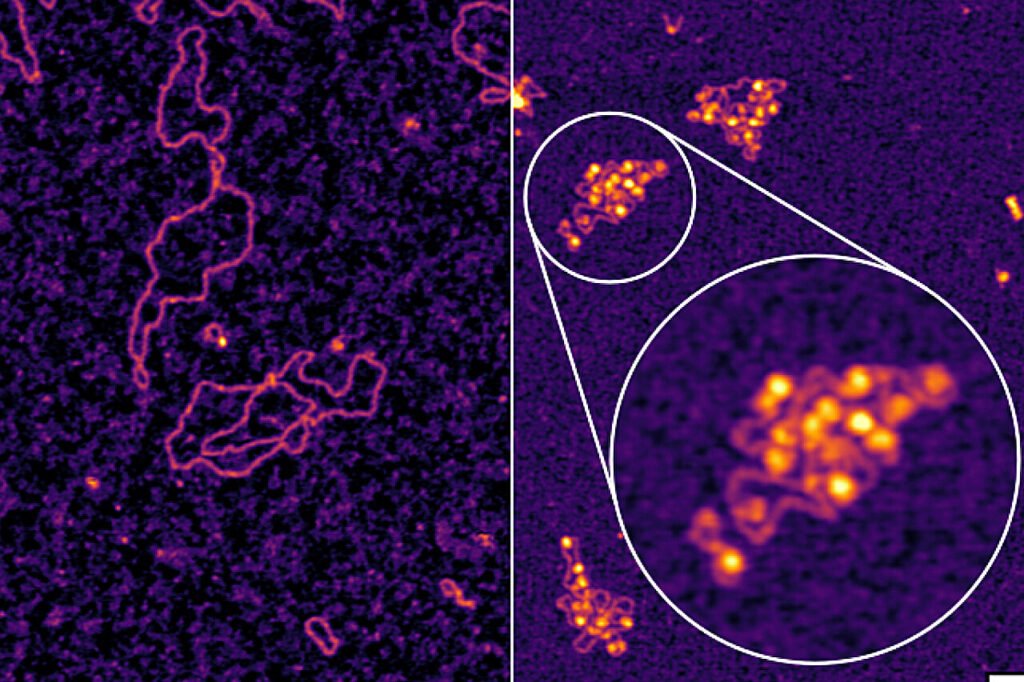Researchers from Memorial Sloan Kettering Cancer Center (MSK), Weill Cornell Medicine, and The Rockefeller University have made a groundbreaking discovery in the fight against hepatitis B virus (HBV). This discovery could potentially lead to a new treatment for the deadly disease that affects nearly 5% of the global population.
The research team, led by chemical biologist Yael David, Ph.D., and hepatologist and virologist Robert Schwartz, MD, Ph.D., identified a vulnerability in the virus that could be targeted with existing compounds already in clinical trials for cancer. By disrupting the virus’s ability to infect liver cells in the laboratory, the team has paved the way for further studies and potential drug development.
Hepatitis B is a liver infection that can cause long-term damage and is a leading cause of liver cancer. With over 250 million people worldwide suffering from chronic HBV infections, finding new treatments is crucial to combatting this deadly disease.
The research project, spearheaded by Dr. David and her team, delved into the mystery of how the virus’s chromosomes function and discovered unexpected insights into how HBV establishes infections in human cells. By understanding the role of a key viral gene that encodes for a protein called X, the researchers were able to uncover a potential pathway for disrupting the virus’s ability to infect cells.
One of the main challenges in treating hepatitis B is the persistence of the virus in infected cells despite existing treatments that can stop the virus from replicating. The team’s discovery of a compound that disrupts chromatin formation, specifically targeting the production of protein X, holds promise for developing a new approach to treating chronic HBV infections.
The compound, known as CBL137, showed promising results in blocking the production of protein X in liver cells at very low concentrations, suggesting a potential for targeted treatment with minimal side effects. Further studies in animal models will be necessary to validate these findings and move towards potential clinical trials.
The collaborative effort between MSK, Weill Cornell Medicine, and The Rockefeller University highlights the importance of interdisciplinary research in tackling complex diseases like hepatitis B. By combining expertise in chemical biology, hepatology, virology, and genomics, the researchers were able to make significant strides in understanding the mechanisms of HBV infection and identifying a potential therapeutic target.
The findings of this study, published in the journal Cell, offer hope for a new treatment approach to combat hepatitis B and potentially other chromatinized DNA viruses. The team’s dedication to unraveling the mysteries of HBV and developing targeted therapies underscores the importance of basic science research in advancing medical breakthroughs.


